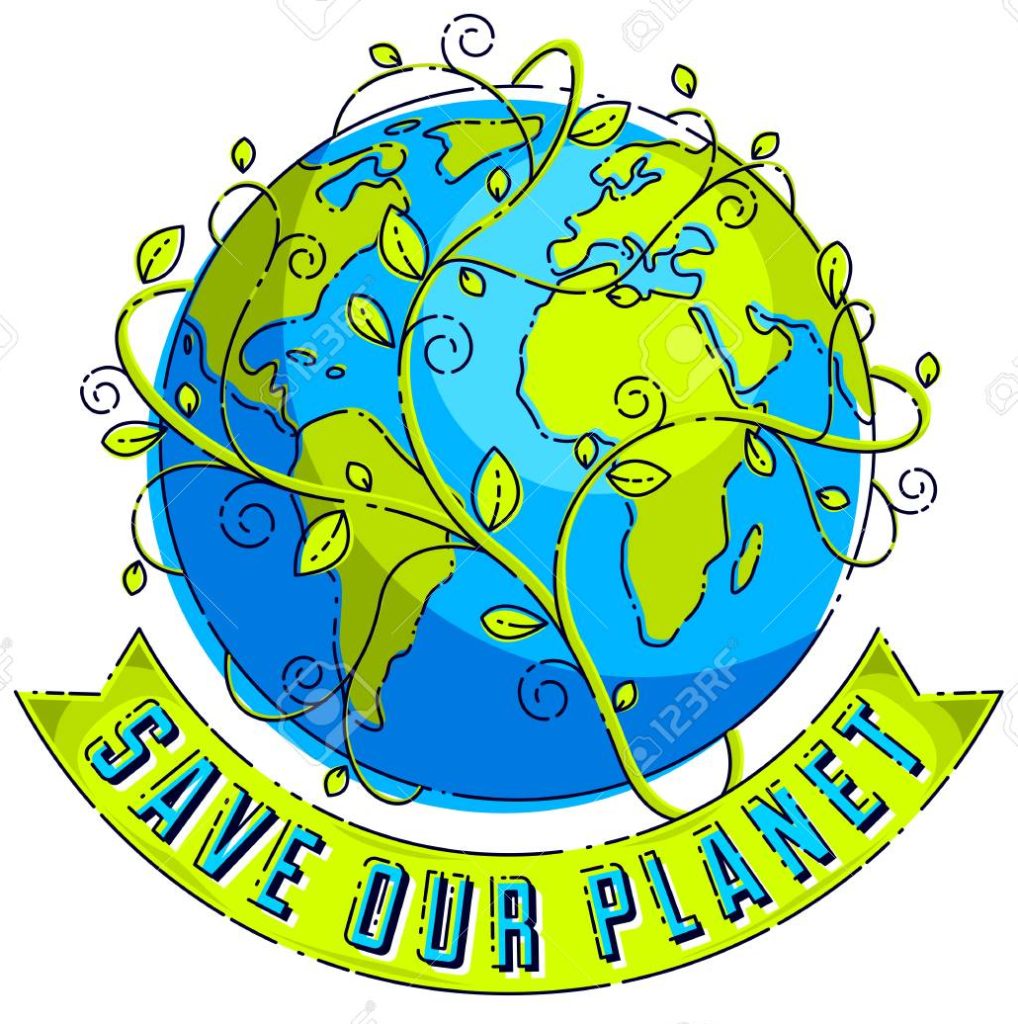by Ingrid Justick:
Vol. 26, No. 1

Global warming is probably the greatest threat our earth has to face. Each of us can have a positive impact on the production of greenhouse gasses. And if we act together in the following minor ways, the cumulative effect will be dramatic. So much of the way we live our lives is wasteful or thoughtless. It takes nothing to switch off a lamp, unplug a phone charger, take a shorter shower, skip the pre-wash cycle on the dishwasher, walk instead of drive. Some suggestions that follow involve a little more effort: recycling, fixing leaky faucets and toilets, buying a fuel-efficient car, insulating your home, purchasing only appliance and electronics with the Energy Star certification.
Energy Star certified appliances and electronics: An Energy Star qualified washing machine uses 50% less energy and could reduce your utility bill by $110 annually. Wash your clothes in cold water with organic enzyme-based cleaning products, which do not pollute our groundwater.
Paint: Most paint is made from petrochemicals and its manufacturing process creates 10 times its own weight in toxic waste. It also releases volatile organic components (VOCs) that threaten our health. Best alternatives: natural paints made from plant oils and almost 100% degradable.
Food: Food is traveling farther than ever. The average American meal contains ingredients produced in five different countries. To reduce CO2 emissions from trucks, airplanes and cargo ships, purchase foods that are in season, organic and grown locally. Buy eggs in cardboard cartons; they are manufactured from recycled paper and are again recyclable. Styrofoam or plastic cartons are not biodegradable and their manufacturing produces harmful toxins.
Save water: Fix leaky faucets and toilets. A steady faucet drip can waste 20 gallons of water per day. A leaky toilet wastes up to 100 gallons per day. By leaving the water running while you brush your teeth you waste 150 gallons of water per month. Turn your thermostat down 1 degree and your heating costs will decrease by 3 %.
Avoid disposable goods. In our country alone, we throw away 2.5 billion polystyrene cups every year, which wind up in landfills. Buy recycled or used products and you will save virgin materials, conserve energy and reduce landfill waste.
Avoid pesticides. Use natural methods of pest control. Use organic fertilizers. You can save 6 gallons of water every minute of watering by attaching a trigger nozzle to your garden hose, so that you use water only where it is needed.
Recycle your newspaper. There are 63 million newspapers printed each day in the U.S. Of these, 44 million, or 63%, will be thrown away. Recycling just the Sunday paper would save more than half a million trees each week.
Buy a hybrid car. These cars drive 50 miles per gallon; a typical S.U.V. travels only 15 MPG.
The continued rise in carbon emissions is a matter of individual concern, each of us can and should do something, however small, to protect our Earth.
For environmentally friendly information call: 732-922-2935







